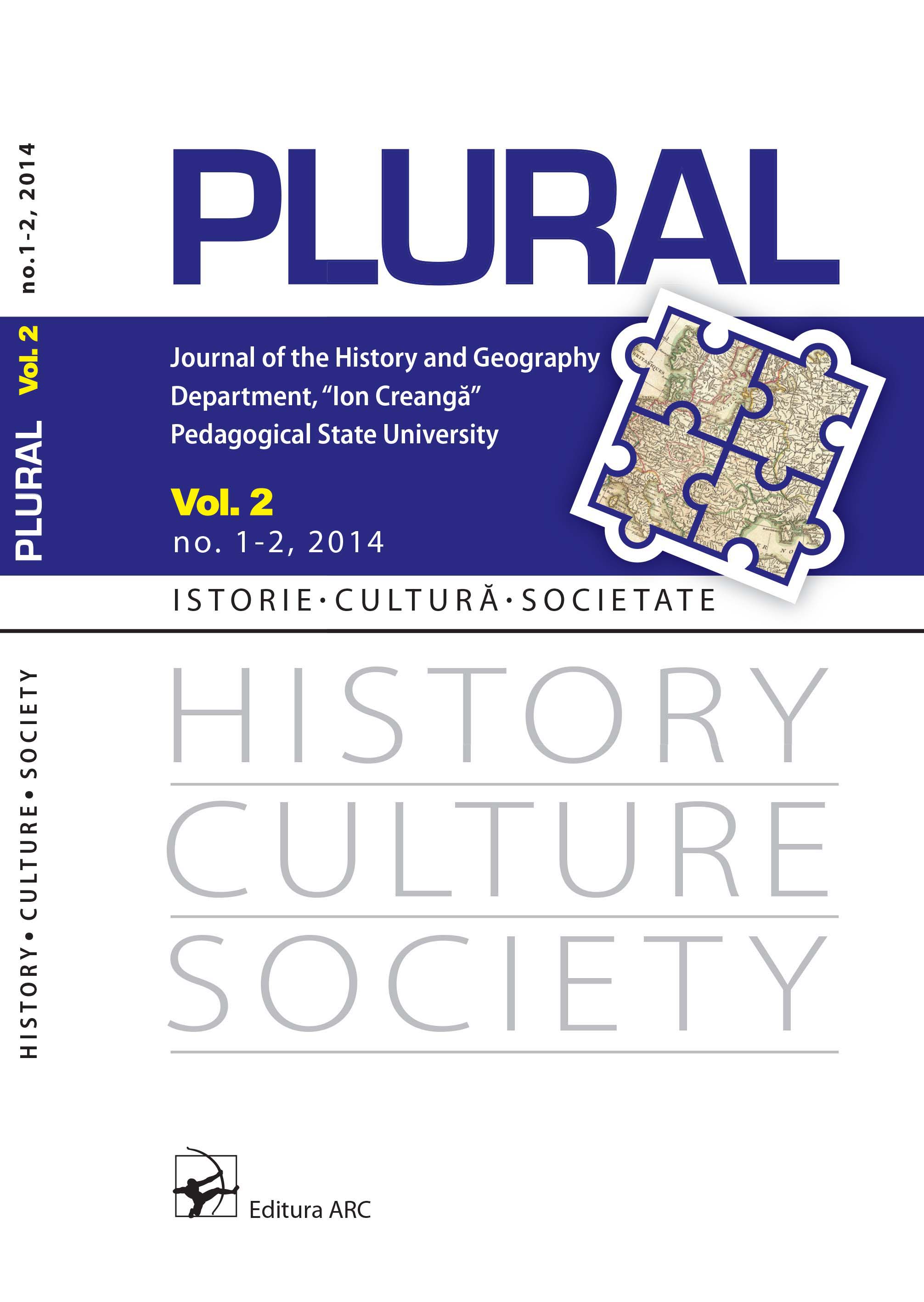Ethnic Political Mobilization: an Integrative or Disintegrative Force in the Modern Polity? Case-Studies of Political Mobilization by Non-Titular Nations in Moldova, Estonia and Lithuania
Ethnic Political Mobilization: an Integrative or Disintegrative Force in the Modern Polity? Case-Studies of Political Mobilization by Non-Titular Nations in Moldova, Estonia and Lithuania
Author(s): Keiji SatoSubject(s): History, Special Historiographies:, Post-Communist Transformation
Published by: Facultatea de Istorie și Geografie, Universitatea Pedagogică de Stat „Ion Creangă”
Keywords: Moldova;Estonia;Lithuania;
Summary/Abstract: The ethnic political mobilizations, which were originally led by the non-titularnations of the Soviet republics, traced different paths at their latter phase, afterthe collapse of the USSR in particular; the emerging of de facto independentstates inside de jure newly-established states (Moldova and Georgia), thepolitical reconciliation by forming autonomy (Moldova and Ukraine), theuprising of the inter-state war (Azerbaijan and Armenia), and the ethnic tensiontoward improvement of minority rights (Lithuania and Estonia). The four casestudiespresented in this paper demonstrate that rich material and immaterialresources increased the sustainability of ethnic political mobilization. Thesustainability was an important factor in achieving de facto independentstates after the collapse of the Soviet Union. This paper emphasizes that thesematerial and immaterial resources were not valid for the mobilization untilthe appearance of political opportunity and political will for collective actionby social political organizations. The political mobilization in Transnistrianot had only rich resources, but strong political will among associates towardregional independence. The political actors discovered the resources, suppliedthe resources to the participants of collective action, motivated them towardpolitical activity and increased the potentiality of immaterial resources.
- Issue Year: II/2014
- Issue No: 1-2
- Page Range: 64-80
- Page Count: 16
- Language: English

